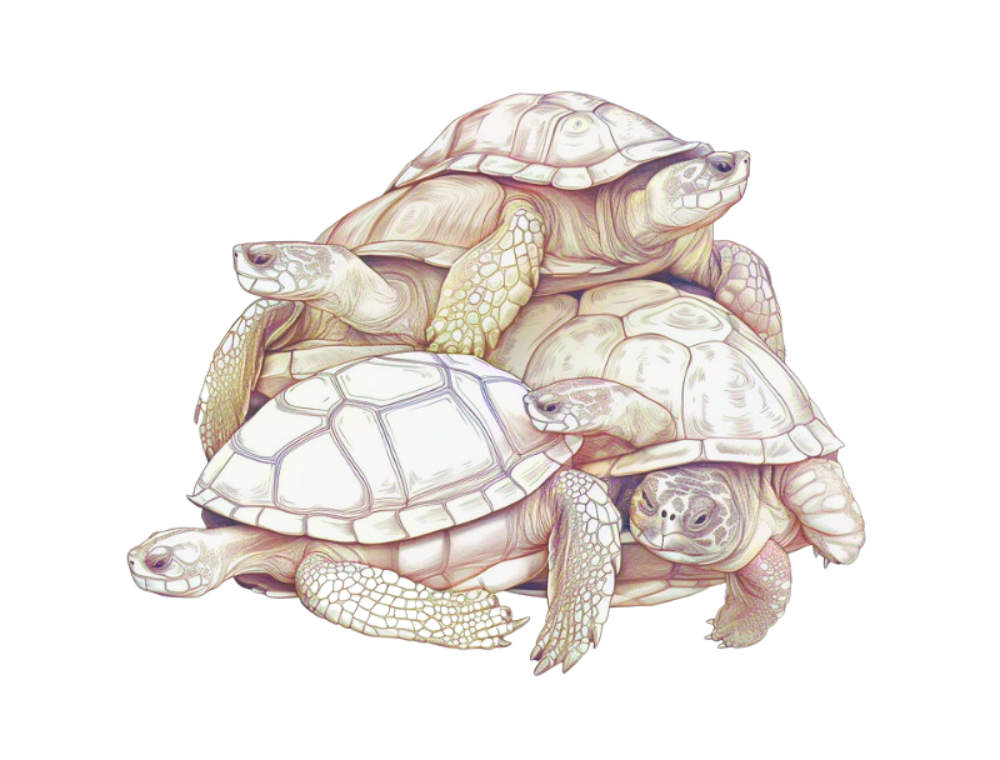Taxonomy of Tiredness
Becoming a milk and honey pot
If you get drained of all of your energy, you die. Before you die, you would get really catatonic, frozen up, paralyzed.
Being tired is no joke. It means your energy is locked up. You can’t do things. You don’t even want to do things. The things you are doing you aren’t really enjoying. You don’t really want to live your life to the fullest. That concept of living life fully doesn’t even make sense. You just want to rest.
If you become the sort of person who helps other people rest, you can become very valuable. They will want to be around you and will want you to keep doing whatever magical thing you are doing that lets them rest.

Becoming this person is not super easy, so do not worry if you are not this person yet. If it were easy, way more people would be doing it. Few people consistently make other people feel less tired after spending time with them, versus more tired. These people often themselves get tired from spending time with people, and definitely need more people around to replenish them so they can keep doing their important work.
Therefore, any skills gained in this domain can disproportionately help your community.
In helping people be less tired, the difference between literally nothing and literally anything, is literally anything.
People get tired for a large variety of reasons, and so knowing how to salve each of these situations is not a matter of learning a few tricks, but involves building a knowledge base and an intuition of what people get tired by and what helps. It also takes some practice in action and perception.
Fortunately, you don’t have to be that precise to still be very helpful, and even if you won’t figure out how to help everyone in every situation, you can help a lot of people with a few heuristics.
So few people even actively try to help people rest, that you don’t need to be very skilled to be valuable. This is definitely one of those areas where “just trying” gets you enough results to put you way ahead of the curve, compared to not trying.
Here are some things you can start doing to build your skills and build out your intuitive knowledge base.
START NOTICING YOUR OWN TIREDNESS
Actually be honest with yourself. How tired are you right now? Feel your body. Use your mind and your actual hands. Touch your skin and feel your muscles. Feel your bones. Feel your nervous system. Where are you tired?
If you had worked with a trainer before, you may know that sometimes where you think you are tired is not actually where the site of the solution will be.
(For example, if your back hurts, your back is the site of the problem, but the site of the solution may be needing to stretch your glutes or your hip flexors.)
SYMPTOMS VERSUS ORIGIN: WHAT TAKES ON SLACK?
Most people are very tight in their glutes because they do not know that the glutes do a tremendous amount of work every day, even in something as banal as walking, and the glutes get overworked. The glutes get sore, but most people do not feel this right away because this is such a large and strong muscle group. Rather, the legs and lower back take over the slack, and then your back and legs get sore. This is when you notice and start to feel unusually tired or feel your entire body is worn down, because now your glutes, back, and leg are all very tired.
Thus, the feeling of your entire body being tired and worn out, in this case, can be ameliorated just with a thorough stretching of your glutes.
Pay attention to slack. Which energy sources are making up for other energy sources? Where are you outsourcing, to keep an overworked source of energy running?
My genius Brazilian Jiu Jitsu black belt trainer Samir taught me this, and taught me how to stretch to fix it. The difference to my overall feeling of tiredness was like night and day.
START NOTICING WHAT PEOPLE DO TO REST
By this point, you should be curious enough about yourself to start asking the question, “What do I do to rest, ever?” or “Do I ever even rest?”
The answer might come straight to you. Maybe you have a specific routine, or specific favorite activities you do. But the exact mechanism of why it works, or what kind of rest you are trying to get when you do that might not actually be obvious.
Pay attention to what rituals other people do, or strange “breaks” people take, to build out models for yourself of how energy gets replenished.
By observing other people, you can triangulate and figure out what it kind of rest you are actually trying to get by seeing the ways that other people are using different activities and tactics to do the same thing you are doing. You can then venn-diagram your findings to figure out what kind of rest you are all trying to get from what kind of fatigue with your different strategies.
Now, you are learning the mechanisms of tiredness and rest, and are building out your models! This is very exciting. This would be a good moment to DM me on Twitter with what you found.
Advanced skills
Here are notes from one of my advanced mentors, Em:
One thing I get a lot out of (when done for me) and see others get value when I do: temporarily "taking over" responsibility for things that the other person is managing—different stresses, conflicts, mental todos, etc. Becoming part of their extended processing system so that they can relax whatever in them usually has to be "on" to manage that thing.
Another, which is related: modeling people's sources of threat and safety, and then consciously creating environments that will feel safe for them. What has to be handled for a space to be "safe" has a surprising amount of variation between people!
Another: tracking and paying down standing energetic costs or debts. People's social roles set them up to habitually receive certain kinds of energies and be asked to give certain energies. Depending on their internal setup, they will find this comparatively easy or challenging. If you can notice where it is challenging, and help them find a better way to fulfill the energetic commitments of their social role, you can free up a huge amount of energy for them, permanently! There is something similar around the energy cost of managing standing pains or traumas. If you can help a person find a more graceful way to hold or manage their pain or trauma (or better yet, but harder, help them resolve it in a deep way), they might be able to stably free up a large block of energy that had just been going to trauma or pain management.


